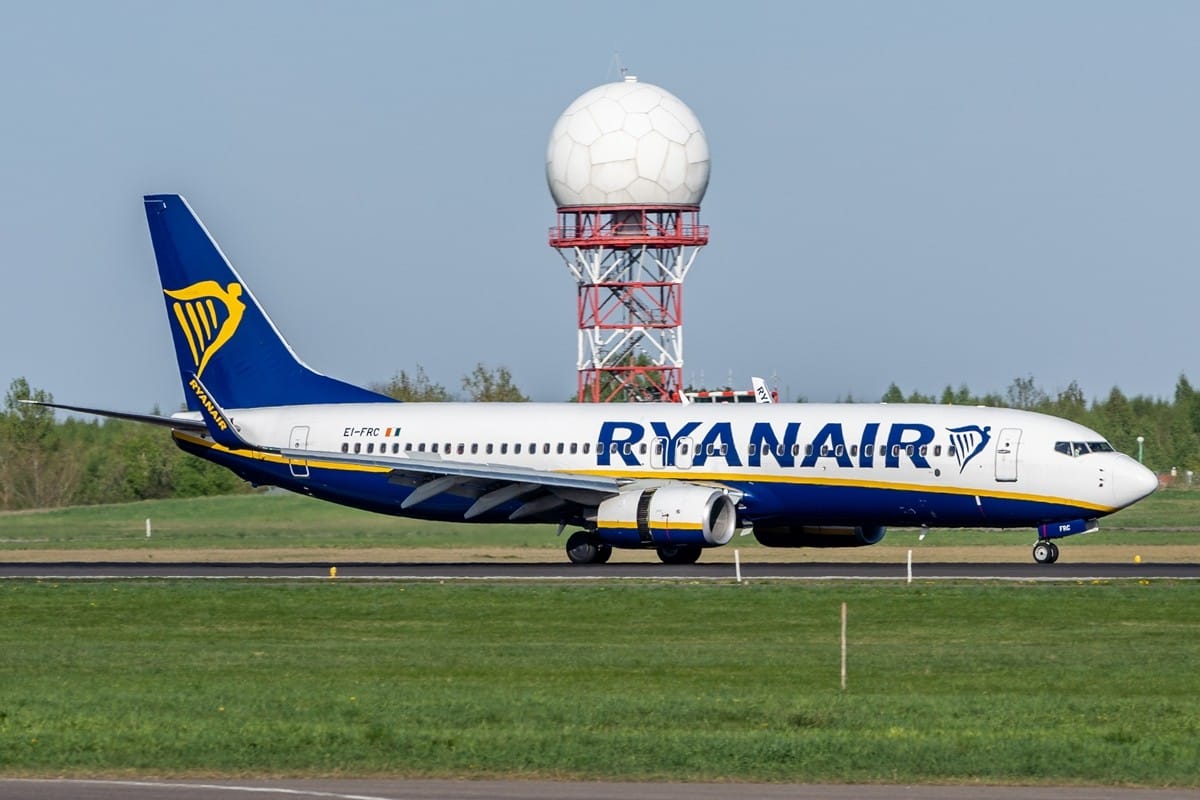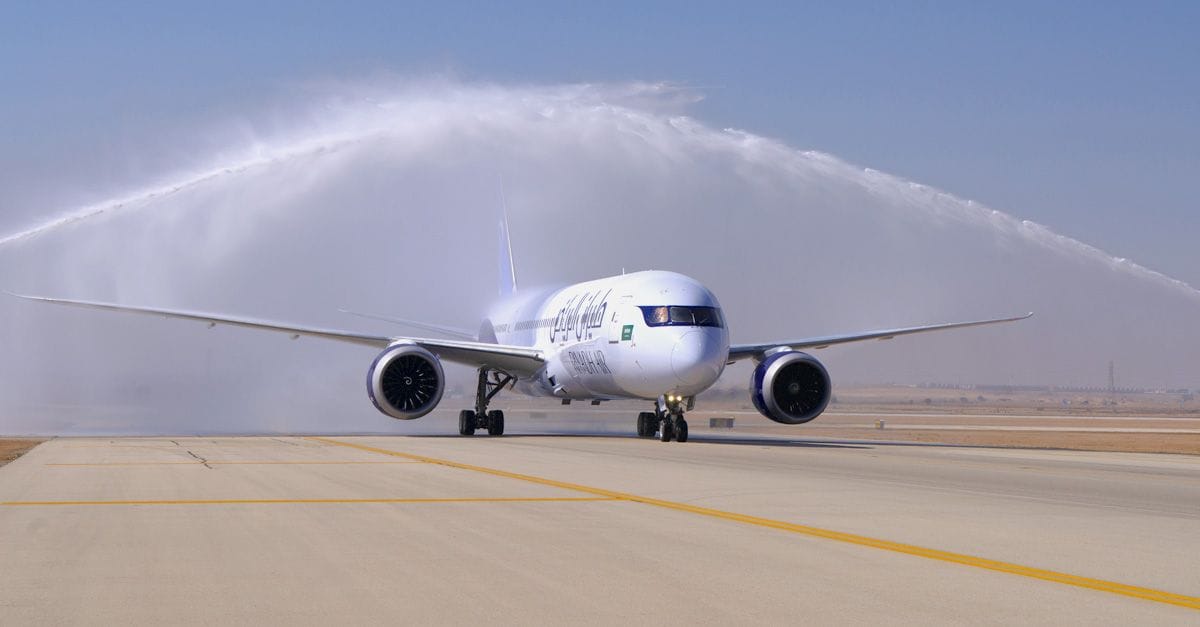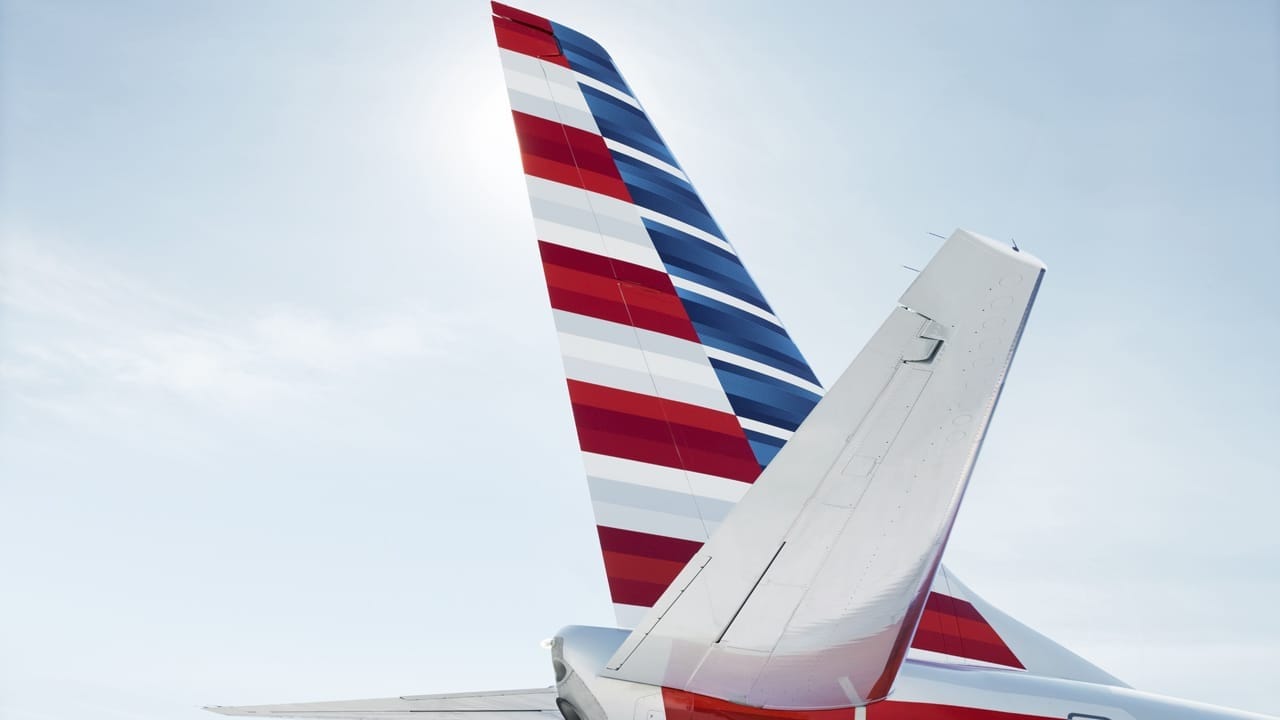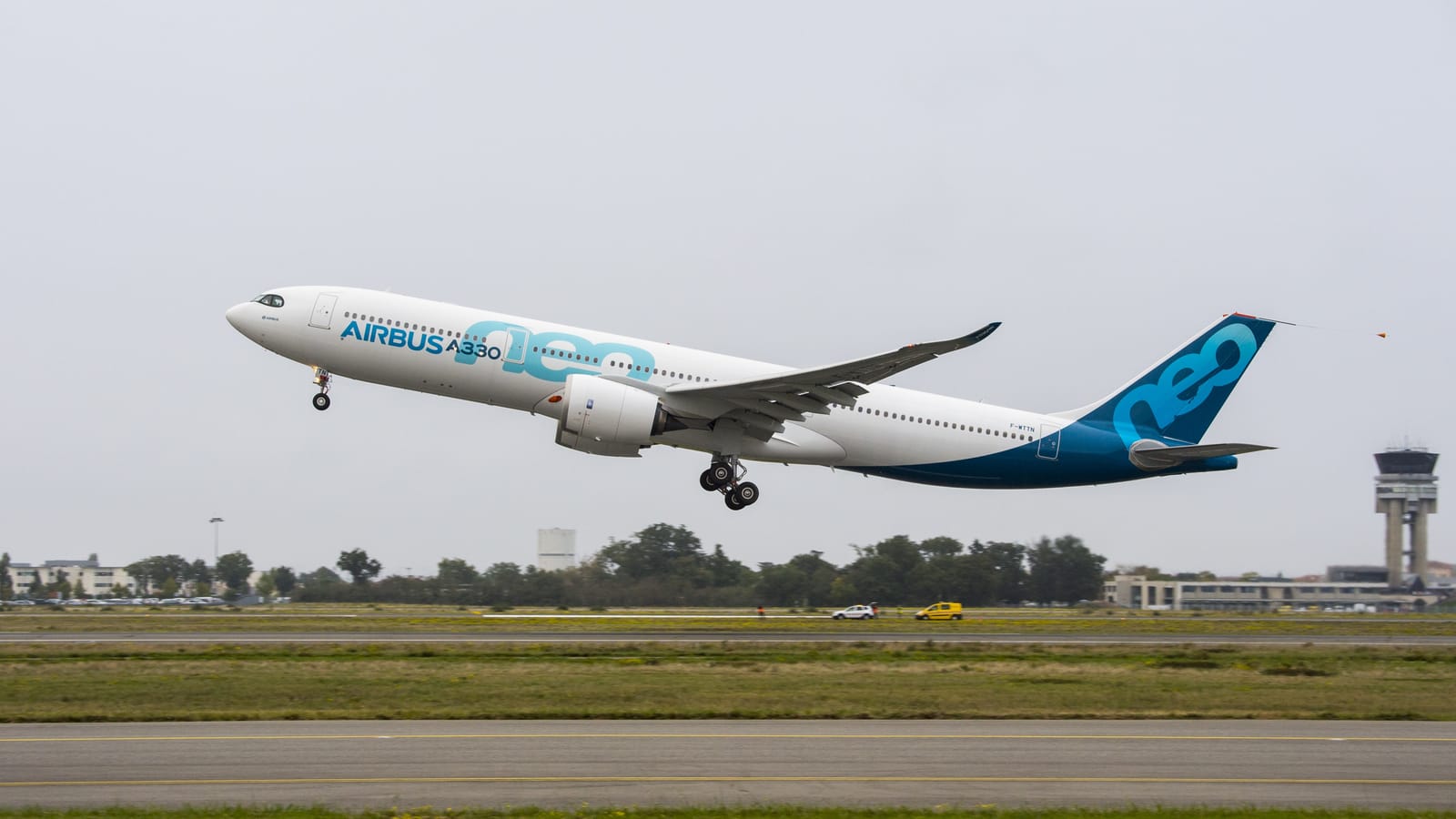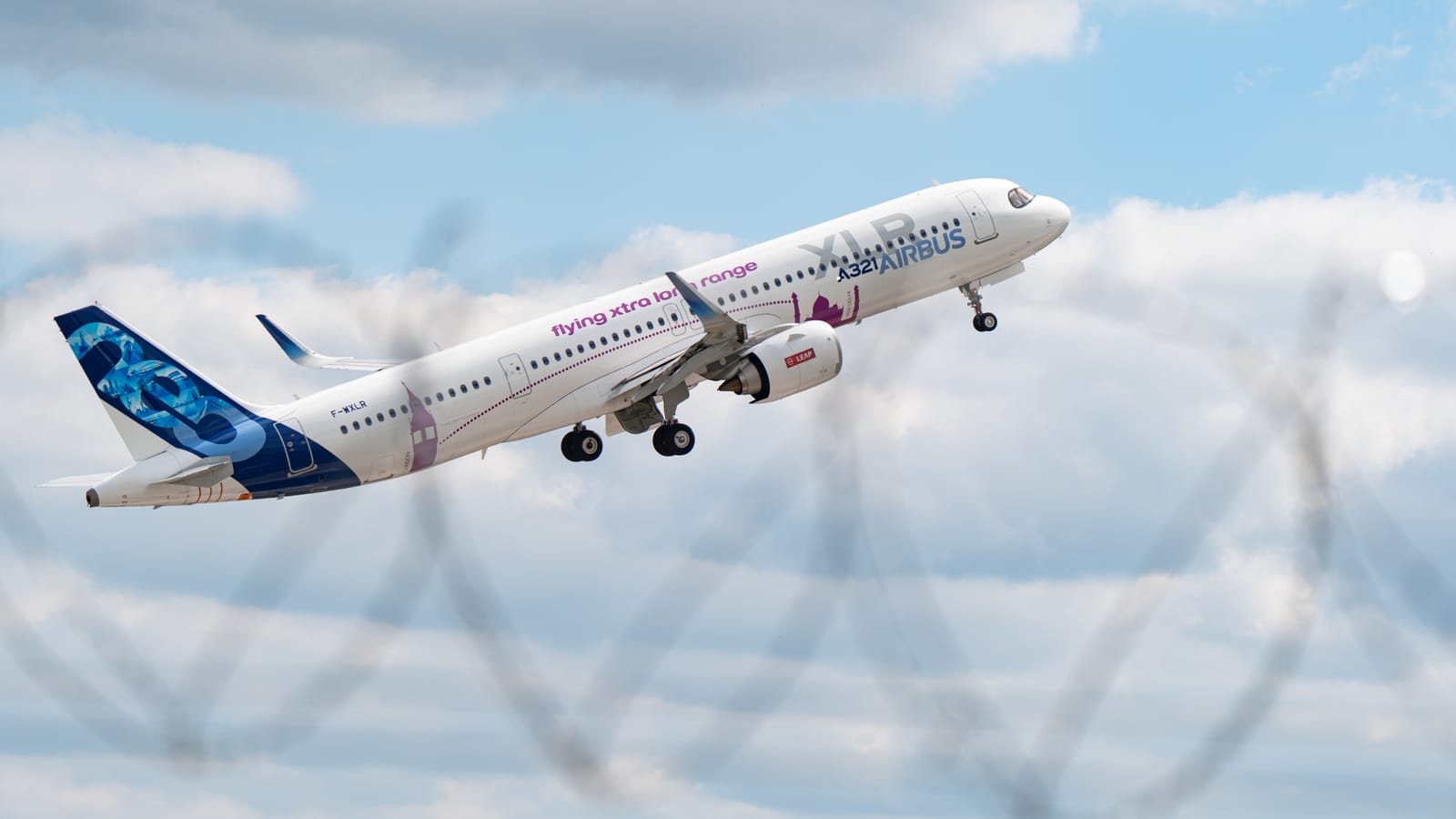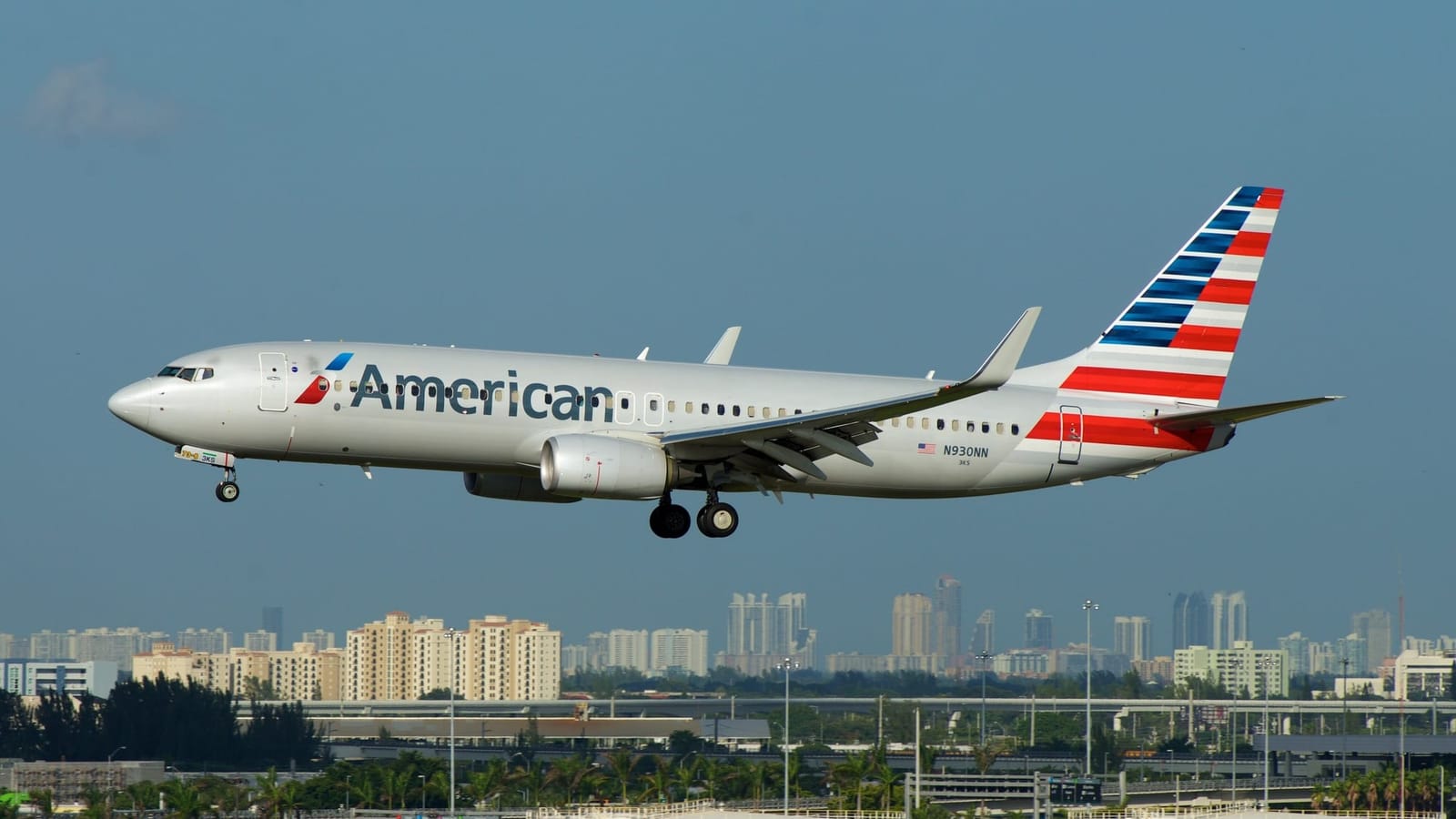Ryanair held two back-to-back press briefings in Estonia and Lithuania, calling out local stakeholders, including airport officials, for rising airport costs hindering the airline’s growth plans during the upcoming winter season. However, the executives at Lithuanian Airports (LTOU) and Tallinn Airport (TLL) pushed back, with both saying that fees are not going to rise in the next few years.
On October 8, 2025, Ryanair visited Vilnius Airport (VNO) and TLL, sharing similar messages that can be summed up as the airports’ rising airport fees are stymying the airline’s growth plans at the two airports serving the two Baltic States’ capitals.
In a paper press release shared by Simonas Bartkus, the Chief Executive Officer (CEO) of LTOU, Ryanair said that “it will deliver zero growth in Lithuania for Winter ’25, as rising airport access costs continue to block recovery, limit connectivity, and prevent the country from unlocking its full potential for tourism, jobs, and economic growth.”
The Irish low-cost carrier estimated that LTOU has chosen to increase airport charges, with these rising at VNO by 30% since 2023, leaving the “airport uncompetitive and traffic still -2% below pre-Covid levels.”
According to Cirium’s Diio Mi, departing seats from VNO are set to be 1.7% lower in 2025 compared to 2019, while capacity, measured in available seat kilometers (ASKs), should be 5.5% higher.
However, excluding both Ukraine International Airlines and Aeroflot, which have suspended flights from/to the airport, one due to Russia invading its country, and the other because it was one of the many companies sanctioned for Russia’s invasion of Ukraine, departing seats and ASKs are set to grow by 9.1% and 12% when comparing those two years.
Meanwhile, Ryanair’s capacity, namely ASKs, from VNO should grow by 3.1% in 2025 compared to 2019, per Cirium’s Diio Mi. The Irish low-cost carrier’s ASKs on departing flights from the airport between October 2025 and March 2026 are scheduled to grow 9% year-on-year (YoY).
Departing seats should grow by 5.4%.
Bartkus responded that airport fees at VNO have not risen since 2023, with no plans to increase them until at least 2026. According to the Lithuanian executive, despite that fact, Ryanair’s message was to remind everybody, ranging from travelers to Ministers, that fees can also go down and that the airline should get special discounts that do not apply to other operators.
Talk about sarcasm, eh?
Ryanair also visited TLL earlier in the day. The Estonian public broadcaster Eesti Rahvusringhääling (ERR) shared an eerily similar message from the low-cost carrier, whose Chief Commercial Officer (CCO), Jason McGuinness, said that the airline’s winter schedule at TLL will be 40% smaller because the airport is increasing its fees by 70%.
Cirium’s Diio Mi showed that between October 2025 and March 2026, Ryanair has scheduled 40.7% fewer departing seats from TLL YoY.
McGuinness stated that if airport charges continue to rise, the airline might consider pulling out of the airport altogether.
However, Eero Pärgmäe, the Chief Operating Officer (COO) of TLL, told ERR that Ryanair’s estimate of the airport’s fees rising by 70% was “definitely not correct,” and that he did not know what the airline’s calculations were based on.
“[…] just a month ago, we held our annual user committee with all airport operators, including Ryanair, where we announced that we have no plans to raise airport charges at the end of 2025, nor in 2026 or 2027.”
Bartkus highlighted the fact that after visiting TLL and VNO, Ryanair’s private jet, a Bombardier Challenger 3500, also landed at Riga Airport (RIX) on October 8. At the time of writing, the jet, registered as M-ABSU, is on its way to Milan Bergamo Airport (BGY), after presumably dropping off its representatives at RIX.
Before Ryanair’s tour throughout the three Baltic States, the Irish low-cost carrier picked fights elsewhere, including in Italy, where it once again called for lower taxes and/or fees at the country’s airports.
In Spain, the airline’s threats to pull capacity from specific regional airports spiraled into a public conflict between the executives of Ryanair and Aena, the majority government-owned Spanish airport management company.
Maurici Lucena, the CEO of Aena, in response to Ryanair’s statement that the company, running the majority of Spain’s airports, imposed “excessive and uncompetitive airport charges,” said that it would be “hard to find in contemporary business history another case such as Ryanair where the dissonance between a company’s operational excellence and the dishonesty of its communications policy is so striking.”
The dispute between Aena and Ryanair, which eventually resulted in the airline telling Lucena to “calm down and lower taxes at regional airports,” was over an increase in airport fees of €0.68 ($0.79).


